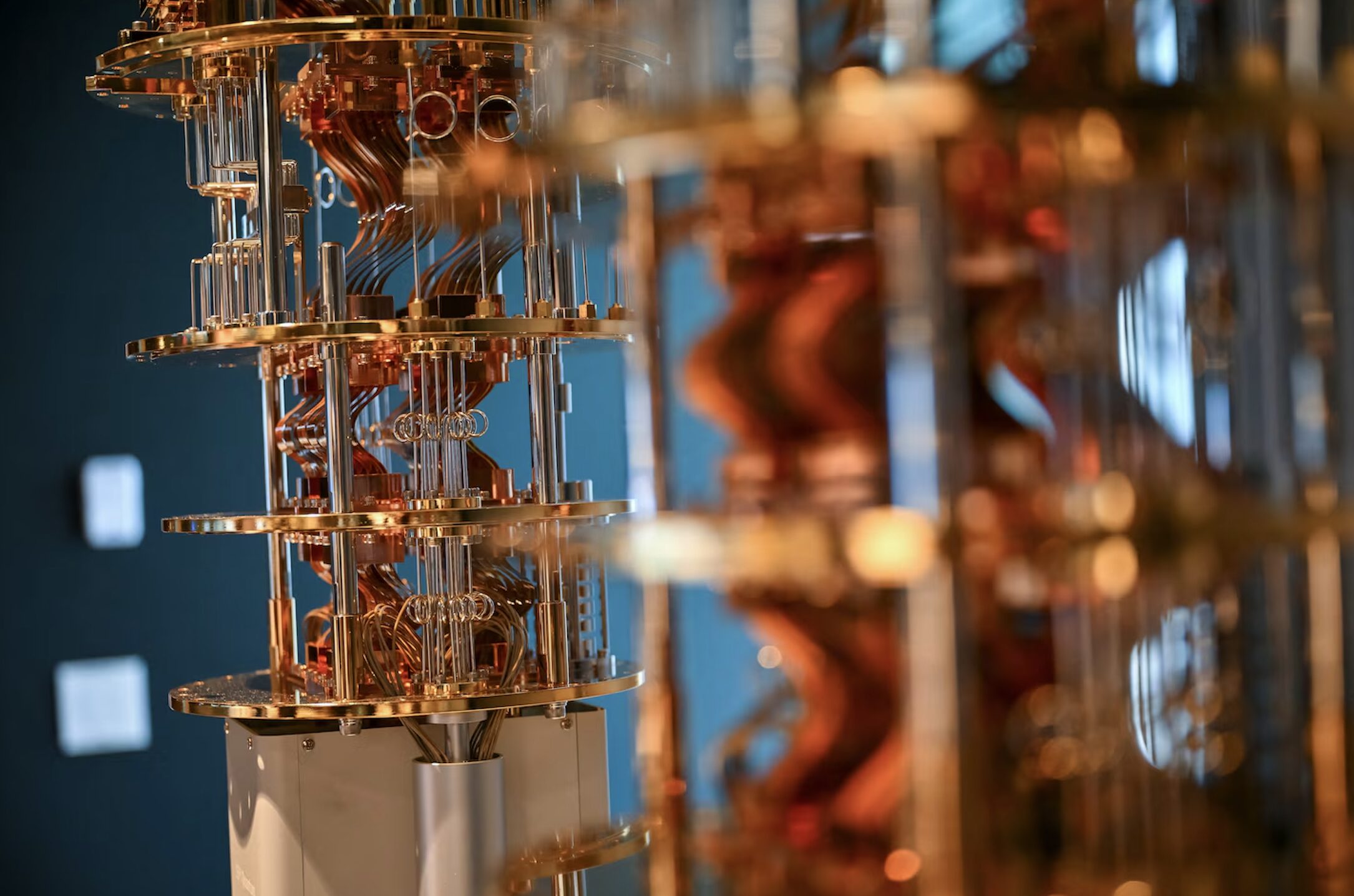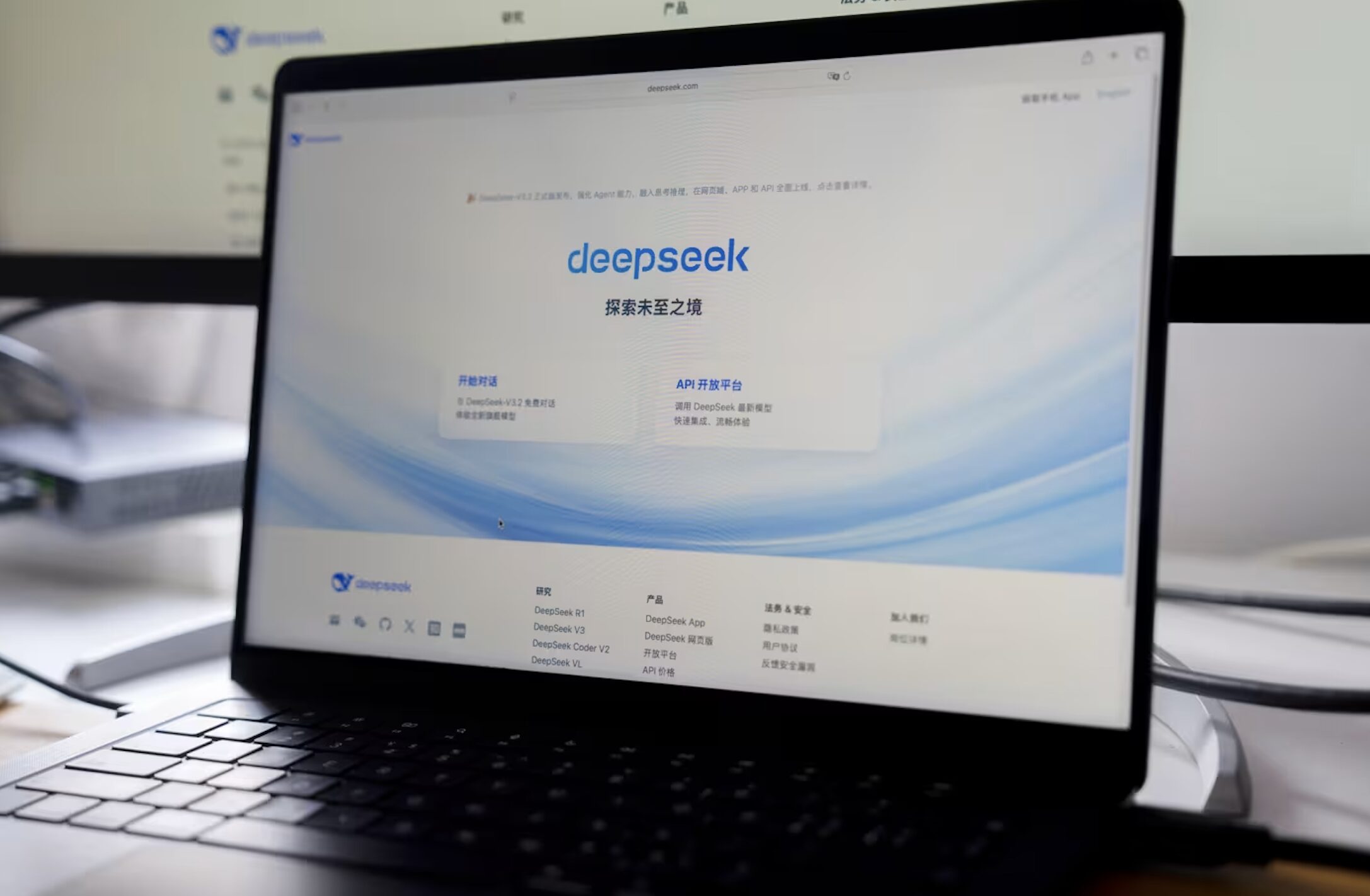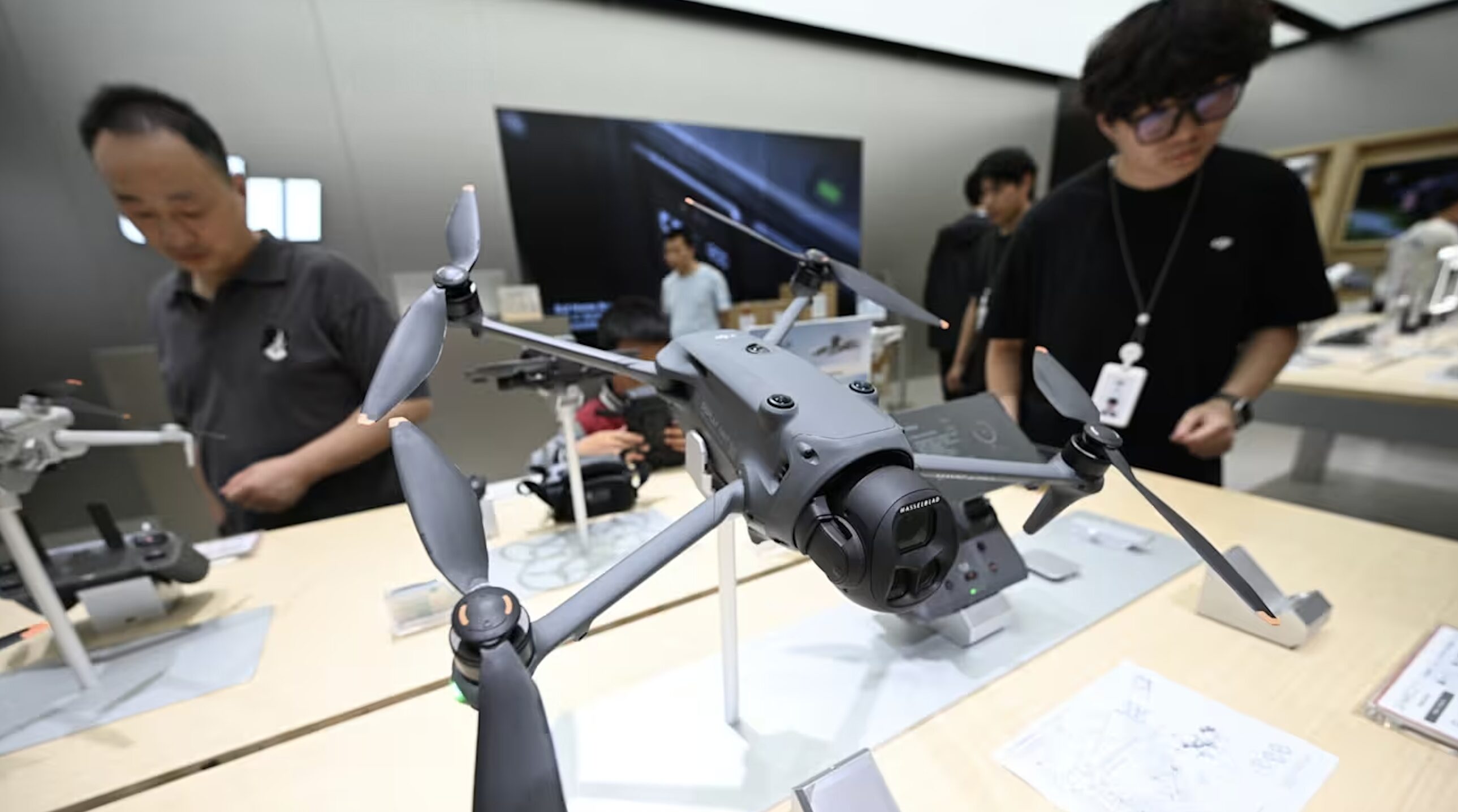Book review: Putinomics by Chris Miller
Understanding the lives of the wealthy in contemporary Russia is like opening up a traditional matryoshka wooden doll: the distinctive external form clearly shapes the contents.
Russia is a world away from the textbook model of a free market in which risk-taking entrepreneurs thrive in a benign environment. At times there have been, at the very least, strong incentives for those pursuing wealth to bend if not break the law. Those who have amassed the greatest riches have, in many cases, had the closest connections to government or themselves held senior positions.
It is widely known that in the 1990s some Russians, now widely referred to as oligarchs, became fabulously wealthy through their role in the privatisation of grossly underpriced state assets.
Of course, no country quite lives up to the perfect entrepreneurial model, but Russia’s situation is peculiar. Not only was it the largest part of the Soviet Union until that regime collapsed in 1991, but also the transition since then has been traumatic.
Putinomics: Power and Money in Resurgent Russia, with its lucid outline of Russian economic development since the 1990s, is a valuable guide to understanding this shift. Chris Miller, an assistant professor of international history at Tufts University in Massachusetts, argues that Russia’s economic strategy under the leadership of Vladimir Putin has three main pillars. First, it is intent on strengthening the central authority of the Kremlin. Second, to prevent popular discontent, it is keen to promote low unemployment and adequate pensions. Finally, it relies on private business to improve the efficiency of the economy, but only where it does not contradict the previous two strategies.
Although the Russian leadership is pro-business in the abstract, it will take ruthless action against companies or individuals it sees as challenging its power. The recently re-elected president has long made his attitude clear, with warnings to business leaders who have attempted to wield political influence counter to the Kremlin.
Although Putinomics does not focus primarily on Russia’s business leaders, it does refer to them often and it certainly throws light on their plight. Perhaps the best known is Mikhail Khodorkovsky, widely believed to be Russia’s richest man before he fell out dramatically with Putin in October 2003. When the oil magnate’s private plane landed in the Siberian city of Novosibirsk he was arrested by troops attached to the FSB intelligence agency. After spending a decade in jail on fraud charges, he was eventually released and allowed to go to live in Switzerland.
Without particularly defending Putin, Miller suggests that his hostility to Khodorkovsky was not a matter of personal whim. Just as Putin was trying to increase the tax take from business, Khodorkovsky launched a campaign to lower his Yukos oil company’s tax bill.
The tycoon, who once co-wrote a capitalist manifesto hailing “His Majesty, Money”, was also pursuing talks to build an oil pipeline to China when Putin favoured one stretching to the Pacific. Khodorkovsky then openly mocked the Russian leader’s favoured scheme while accusing a Putin ally of corruption. The billionaire had therefore broken the cardinal rule of Russian politics: he had undermined the authority of central power. Although Putin was keen to promote himself as pro-capitalist and defender of the rule of law, he had overriding priorities.
The Khodorkovsky affair is far from the only example of a development that seemed perverse from a western perspective.
Miller relates how the 2014 Winter Olympics in Sochi on Russia’s Black Sea coast was not just a sporting event but also a massive construction project involving the whole region. Most of the building work was managed either by oligarchs or state-owned companies. This set-up gave powerful groups access to large revenue streams but also gave the government identifiable individuals it could blame if problems emerged.
What comes out most strongly from Miller’s work is that Russia should be understood, at least partly, on its own terms. Some of Moscow’s actions may be objectionable, but they generally have their own rationale.
Understanding the internal dynamics of contemporary Russia is more important than ever. Putinomics is a valuable contribution to that task.
Relevant and recent posts






